|
Diet habits matter
Adopting a Mediterranean-style diet rich in nuts, whole grains, fruits, & vegetables shows the most promise in treating acne. Studies have shown that a high intake of fish, fruits, & vegetables can reduce acne. However, it's important to note that fruit juice does not offer the same benefits. Dairy Consumption The relationship between dairy & acne is intricate. Research suggests that individuals who consume dairy less frequently, such as fewer than daily servings (around 6 servings/week), may experience less severe acne compared to daily consumers. There might also be a benefit in opting for whole-fat dairy products, but it's essential to monitor portion sizes to avoid excess calorie intake. Recent studies on dairy consumption, considering caloric intake, indicate that whole-fat dairy may be advantageous only if it doesn't lead to exceeding recommended caloric intake levels. A meta-anaylsis of observational studies in 2019 showed a higher occurrence of acne with consumption of dairy, total milk, whole milk, low-fat & skim milk consumption. However, no significant association between yogurt/cheese & acne development was observed. Glycemic Load Individuals with acne tend to consume higher levels of total carbohydrates, a greater proportion of calories from carbohydrates, & a higher glycemic load (glycemic index + portion size) compared to those without acne. Implementing a low-glycemic-load diet, focusing on increased protein intake & incorporating lower glycemic index carbohydrates like whole grains & fruits, has demonstrated positive effects on acne management.
0 Comments
Unveiling the Soothing Symphony of Brown Noise:A Look at Recent Scientific Research on its Impact on Overall Health and Insomnia
In a world filled with bustling cities, constant connectivity, and the relentless hum of modern life, the pursuit of tranquility has become a vital endeavor. As people increasingly seek natural remedies to combat stress, anxiety, and sleep disorders like insomnia, scientific exploration has delved into the realm of acoustic therapies. Among these therapeutic soundscapes, brown noise has emerged as a potential champion, promising to harmonize our minds and bodies in ways previously unimagined. In this article, we delve into the latest scientific research conducted over the last five years to understand the effectiveness of brown noise for overall health, with a specific focus on its role in alleviating insomnia. The Spectrum of Sound Before we dive into the research, let's unravel the essence of brown noise. Just as colors span a spectrum, sound too occupies a range that encompasses various hues or frequencies. Brown noise, also known as Brownian noise or red noise, belongs to a class of sounds characterized by its deep, rumbling quality. Unlike its close relatives, white and pink noise, which have equal energy per octave, brown noise boasts a unique feature: its energy decreases as frequency increases. Scientific Studies and their Insights
The Mechanisms at Play While the precise mechanisms behind brown noise's influence on health and sleep are still being unraveled, several theories offer insights into its effects. One prevalent hypothesis is that the rhythmic and predictable nature of brown noise creates a stable auditory environment that promotes relaxation, reduces the brain's sensitivity to external stimuli, and encourages a smoother transition into various sleep stages. Additionally, brown noise's potential impact on the autonomic nervous system and stress response is a subject of ongoing investigation. Conclusion In the symphony of sounds that surround us, brown noise emerges as a potential maestro, orchestrating harmony between our minds and bodies. Recent scientific research has unveiled a series of promising findings, demonstrating brown noise's potential to enhance sleep quality, alleviate stress and anxiety, boost cognitive performance, and even modulate pain perception. As our understanding of the intricate relationship between sound and well-being deepens, brown noise stands at the forefront, offering a simple and accessible avenue to enhance overall health and address the challenges of insomnia. While further research is needed to fully unlock its mysteries, the captivating melody of brown noise continues to capture the attention of scientists, health practitioners, and individuals seeking solace in an increasingly noisy world. ADHD in Women
In recent years, there has been a significant shift in our understanding of Attention-Deficit/Hyperactivity Disorder (ADHD) diagnosis. Traditionally perceived as a condition affecting primarily children and young boys, the landscape is changing, and a growing trend is emerging – ADHD diagnosis of women in their 40s. Symptoms Specific to Women While the classic symptoms of ADHD include impulsivity, hyperactivity, and inattention, women often experience a distinct set of challenges that can remain unnoticed or misattributed for decades. These symptoms may include:
Diagnosis: Navigating the Path Accurate diagnosis is the cornerstone of effective management. Women in their 40s seeking a diagnosis for ADHD should consider the following steps:
Evidence-Informed Treatments While conventional treatments such as stimulant medications and behavioural therapy remain effective for ADHD, naturopathic approaches can provide a holistic and personalized treatment plan for women in their 40s:
Conclusion The evolving trend of ADHD diagnosis in women in their 40s underscores the importance of a nuanced understanding of the condition. As a naturopathic doctor, I have the privilege of offering evidence-informed, personalized approaches that address the unique symptoms and challenges faced by women. By acknowledging the specific needs of this demographic and tailoring treatments accordingly, we can effectively support women to thrive with their ADHD diagnosis. Do you live in the PNW? Then you’re probably deficient!
In Pacific Northwest, vitamin D deficiency is prolific. When we’re out in the summer with most of our skin exposed, our body can manufacture 20,000IU within 20 minutes. However, if you’re wearing SPF, and you only have your face & forearms exposed to the sun, that doesn’t make much vitamin D. How much to take? Canada recently changed its guidelines of daily consumption. It has increased to 2500IU/d from the previous 1000IU. Because of this change, you’ll see there are a few supplement companies that have this dosage per capsule/or per liquid drop. Which is great if you’re needing to do a loading dose. Should I test? Within BC, you’ll have to pay to have your vitamin D tested. It used to be covered, but oh so often patients came back deficient, and the cost to treat (by taking vitamin d) is so little $, so the province decided that if you want it tested, you’ll have to pay. Cost to test? It’s less than $100 via lifelabs. Once we test, and based on where your levels are at, we can best determine what loading dose is best for you, and for how long. Or if a maintenance dose if sufficient. When should I test? Once summer comes to an end, & we head into the fall, I suggest to start taking vitamin D. If you’ve never taken vitamin D before, chances are it’s low. So why test? Because depending on how low - will determine that loading dose. There is a large variance - mostly due to genetics - that can drastically decrease both vitamin D processing & the receptor sensitivity. Some people respond to small increases in vitamin D, while others have to take copious amounts to reach optimal levels. What is the optimal range for vitamin D? Ideally we want it to be above 100. Some conditions have shown in studies to benefit from levels of 120. What about vitamin D toxicity? Fat soluble vitamins can be stored in your body. This isn’t the case for water soluble vitamins - where your body will excrete excessive amounts via the stool or urine. So for vitamins - A, D, E, & K, we always have to be cautious with avoiding high dosages long term. A nice thing with fat soluble vitamins - is that you can do once or even twice weekly dosing. So forget to dose everyday? No problem! Talk to your doctor! Vancouver Naturopathic Doctor drkristamoyer.com Virtual Care - Book Here Perimenopause....and all its forms. I recently had a patient tell me all the symptoms she’s been experiencing, & she had no idea that all of them were related the perimenopause. So public service announcement needed to happen. Perimenopause can sneak up on you. You think menopause, you think that won’t happen until you’re in your 50’s. Unfortunately not. The 10-15 years leading to menopause - aka peri- (surrounding) - menopause can be the worst parts. The changes are many. Symptoms of Perimenopause:
Do you struggle with any & all of these issues?
In Traditional Chinese Medicine (TCM), each organ system has a time of day where that organ is considered to be most active, in terms of Qi (Vital Force). During this time, the body is paying a little extra attention to this area, whether it is extra blood flow, or perhaps greater nerve stimulus. In TCM, each organ has an emotion associated with it. So if you’re angry, it’s an issue with the liver. If you’re often in a state of fear, it’s the kidneys. Where I see the TCM time clock pop up is during sleep. I often hear patients saying they always wake up between the hours of 1-3AM. This is the time of the liver. So if you’re going through something in life where you’re feeling stuck, or irritable, your liver is being disturbed. The other common time I hear people say is between 3-5AM. This is the time of the lungs. The lungs are associated with sadness and grief. I find that it’s not always a current situation, but can be an older time of grief. I find that the awareness of these times & the emotional ties described via TCM time clock can help create a shift. Whether it’s through journaling through those feelings/thoughts, meditation, or counselling, sometimes that is enough to create a shift in the insomnia. #WhenYouKnowBetterYouDoBetter When we are eating due to our emotions, we are checking out. We are avoiding the deeper feelings below. Emotional pain hurts! And for some people, emotional pain is far worse than any physical pain. When we check out via food, drugs, alcohol, sex, or even exercise, it is a temporary reprieve from our pain. It creates a temporary dissonance. However, on the other side of that reprieve, remains the reason why you felt you needed to check out. What you are met with, is the feelings of guilt of indulging yet again in your substance of choice.
In some ways food is the worst drug of choice! We can quit smoking, abstain from alcohol, & stop taking drugs, but we can't just stop eating foods. Not for long anyways. So then we must delve into the emotional reasons of why we’re checking out. Some Questions to ask yourself about your emotions. Why do you check out? How does it serve you? Questions to ask yourself about your emotions & food. What happens for you while you’re eating? What happens when you’re finished eating? What emotions surface during? after? Choose what you’re eating. Ask yourself in the 30 seconds before eating a food… How does this food nourish my body? Will eating this food give to me? Or take from me? Will this food cause inflammation & require an increased detox reaction? Will this food encourage growth & healing? Choose to eat foods that nourish your body. When you CHOOSE something, you’ve assessed the pros & cons & then made a decision that is best for you. This doesn’t mean that you never eat a hamburger & fries again, but it does means that 80-90% of the time, you choose to nourish your body with food that gives your body the right information. In essence, that’s what food is - information for your machinery to function. #WhenYouKnowBetterYouDoBetter We all have these strong emotional connections w food. Our associations with food start from our parents. They tell us what to eat, how much to eat, how & when to eat it. The emotional connections they have attained with food are inevitably being passed along to us - whether they realize it or not.
We tend to categorize food as either "good" or "bad". We often say things like - I'm being “good" when eating kale. Or, I'm being “bad" when eating a burger. We've somehow adopted these beliefs that we are being good or bad based on the food we eat. Further still, if we've been on a trend of being "good", we feel we deserve a "treat", or to be "bad". Food is nourishment. At its core, that's all it is. We need it for life. But then throw in taste buds, & we can run into some tricky navigation. Healthy food can be delicious! Trust me, I do it all the time in my kitchen. In Vancouver, we are lucky to have so many restaurants filled with healthy options. We have tastes buds for a reason, thus we’re meant to enjoy our food! If you don’t enjoy brussel sprouts, then you don’t have to consume them! :) Trying avoiding GOOD vs BAD Try looking at food as an exchange. If I eat this, what do I get out of it? You don’t need to have a background in nutrition to know that vegetables are good for you. Vegetables are the powerhouses of nutritional density. Ideally 50% of your plate should be non-starchy vegetables. The more information in your meal, the more your body can utilize those nutrients to heal, repair, & grow. How do I feel after I eat food? If you’re craving to have a food that you don’t feel good after, ask yourself before you eat that food… How will I feel while I’m eating this food? How will I feel after I’ve eaten this food? What will this food give me nutritionally? Now, knowing this, do I choose to eat this food? Maybe not? Maybe yes? You decide. #WhenYouKnowBetterYouDoBetter <3 Your words matter.
How many times have you said, "I'm so fat, I need to lose weight" & your friend joins in by saying, "oh me too, I'm so fat, I hate (fill in the blank body part)." Or "I'm so stupid, I can't believe I did that again" & your friend goes along w the theme of how they were stupid in some way. Thoughts are just these floating abstract words. They can be truthful, or they can be false. Have you ever heard the phrase, "don't believe every thought you have"? Our own thoughts run rampant in our heads, and they can often speak lie after lie. For someone with depression or anxiety, their thoughts are down right pathological liars. These people are often told "oh you should meditate, that'll fix your problems." The issue lies in the fact that when left with their thoughts to wonder, it can be a scary & dangerous place. How can I help this myself? When we have a thought that is negative, 1st ask yourself, wait, is this true? Has someone that knows me & loves me told me this about myself? 2nd, ask yourself, if I were to say this thought out loud to someone who loves me, would they agree w this thought? 3rd. If you were told this same thought by someone you love & adore, what would your reaction be to them? We are so highly critical of ourselves. Yet, far less of the ones we love. If we were our own mothers, fathers, caretakers, how would we choose & want to nourish them? How could we support them? Love them? Now go do that for yourself! <3 #WhenYouKnowBetterYouDoBetter Since the flood of collagen supplements on the market today, I get asked quite often about the reported, vs actual benefits/results of taking collagen as a supplement.
Firstly, there are different TYPES of collagen. Five types. Each type is involved in slightly different functions in the body, which also have many overlapping functions. When taking collagen, it needs to be in an absorbable form. Without being hydrolyzed into a small enough molecule, it will not be absorb. When it comes to joint support, there are many studies showing the benefits of taking oral collagen. When it comes to skin health, there is only a modest sampling of studies. Here is a great article very clearly explaining the differences in collagen, & their actions in the body, along with suggested brands. https://www.organicnewsroom.com/collagen/ |
Dr. Moyer Naturopath Vancouver
Archives
August 2023
Categories
All
|


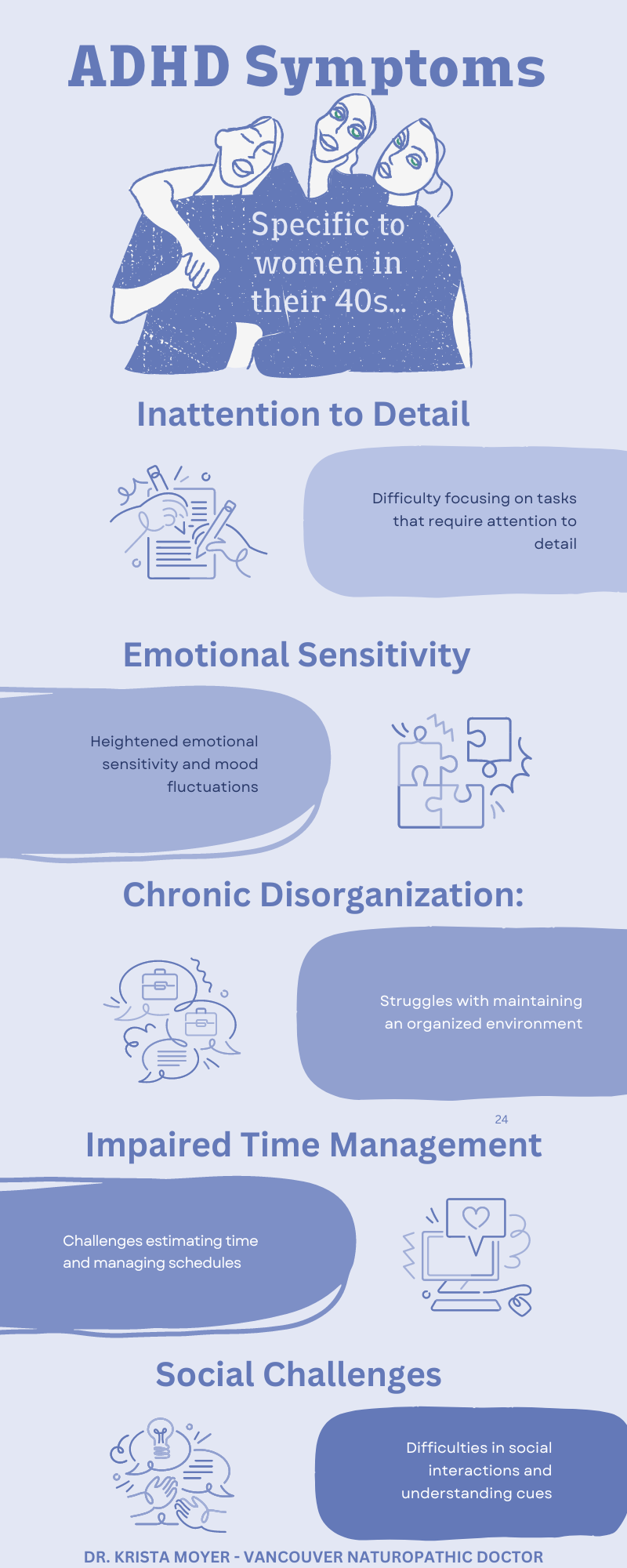
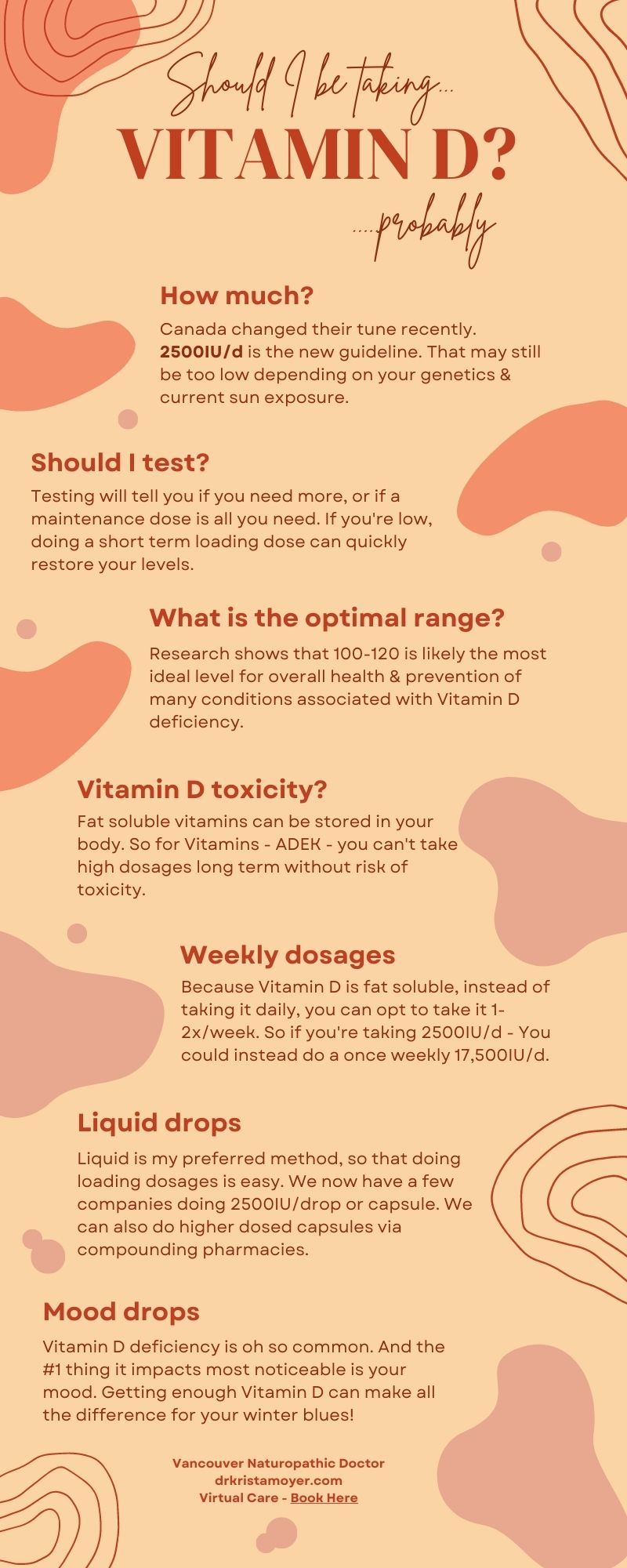
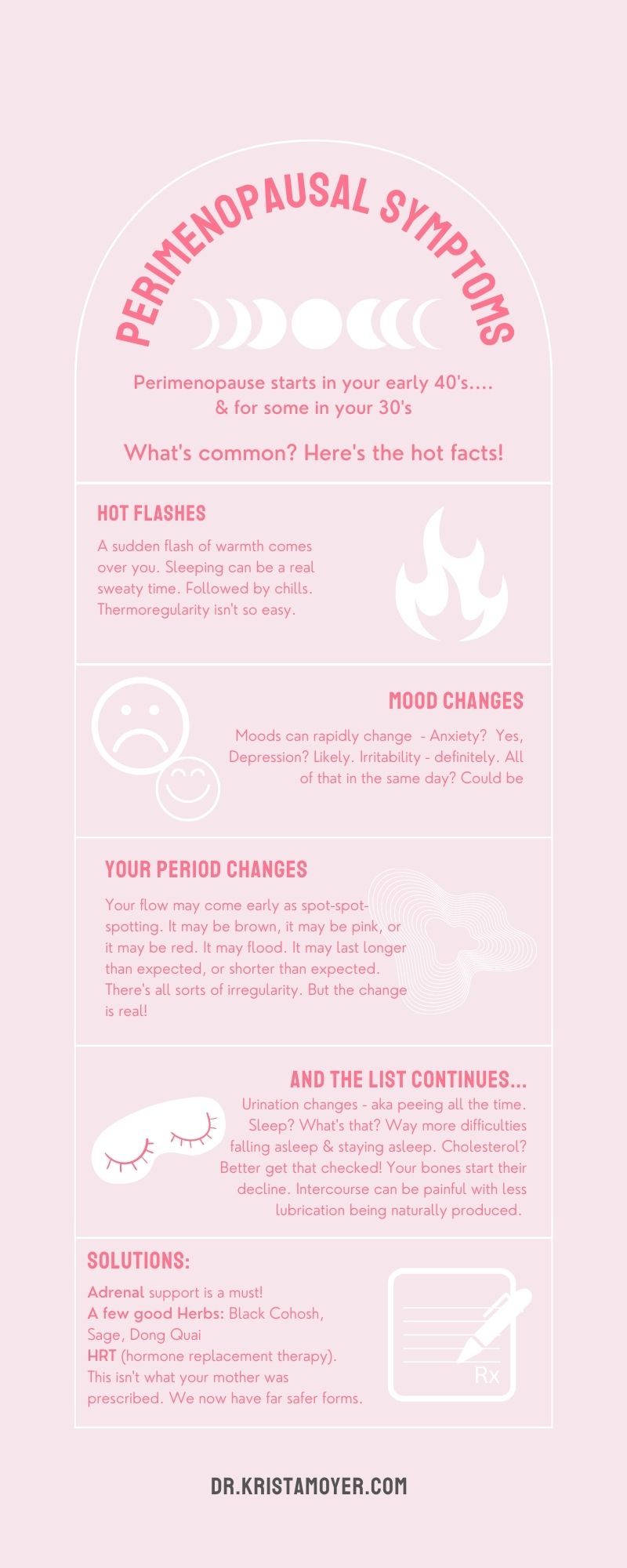
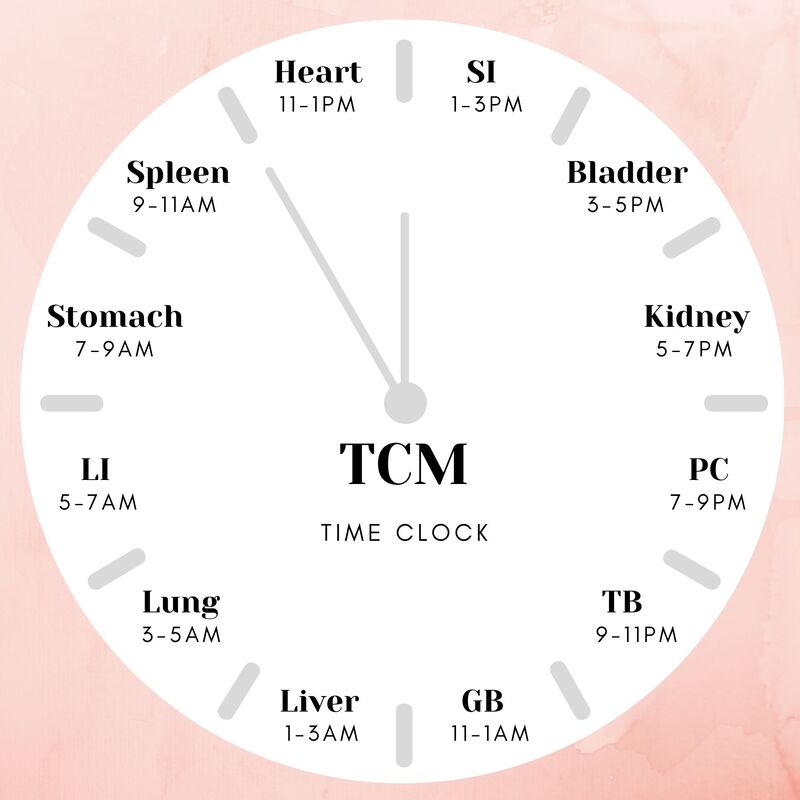
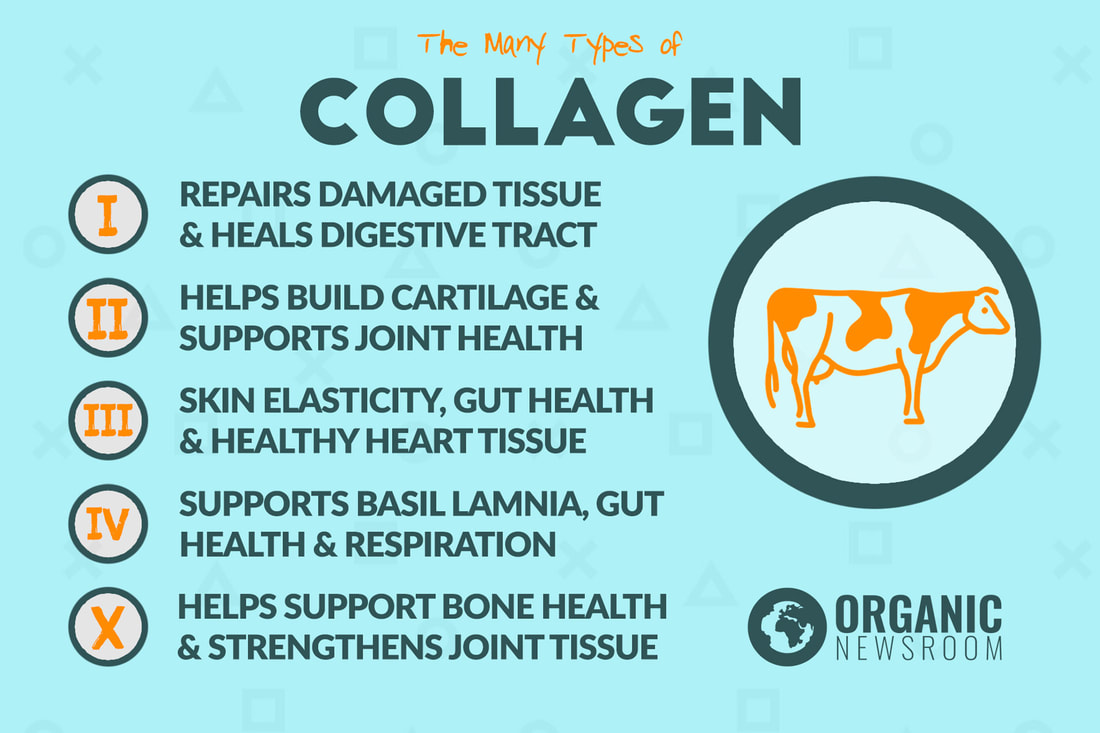
 RSS Feed
RSS Feed
